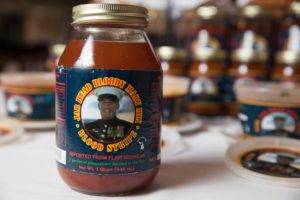Army, Marines Order Armored Vehicles
Two Army deals worth a total of $575 million for Armored Multi-Purpose Vehicles “mark the beginning of low-rate production for the highly mobile, survivable, multipurpose vehicle designed to meet the mission of the U.S. Army’s Armored Brigade Combat Teams,” according to BAE Systems, the company that makes the AMPV. The Marine Corps awarded General Dynamics $37.2 million for 60 hardware kits to reset its Light Armored Vehicles. “The hardware kit addresses key obsolescence and readiness issues and consists of a modern powerpack, driveline system, driver’s instrument panel and a new turret slip ring,” the company said.










